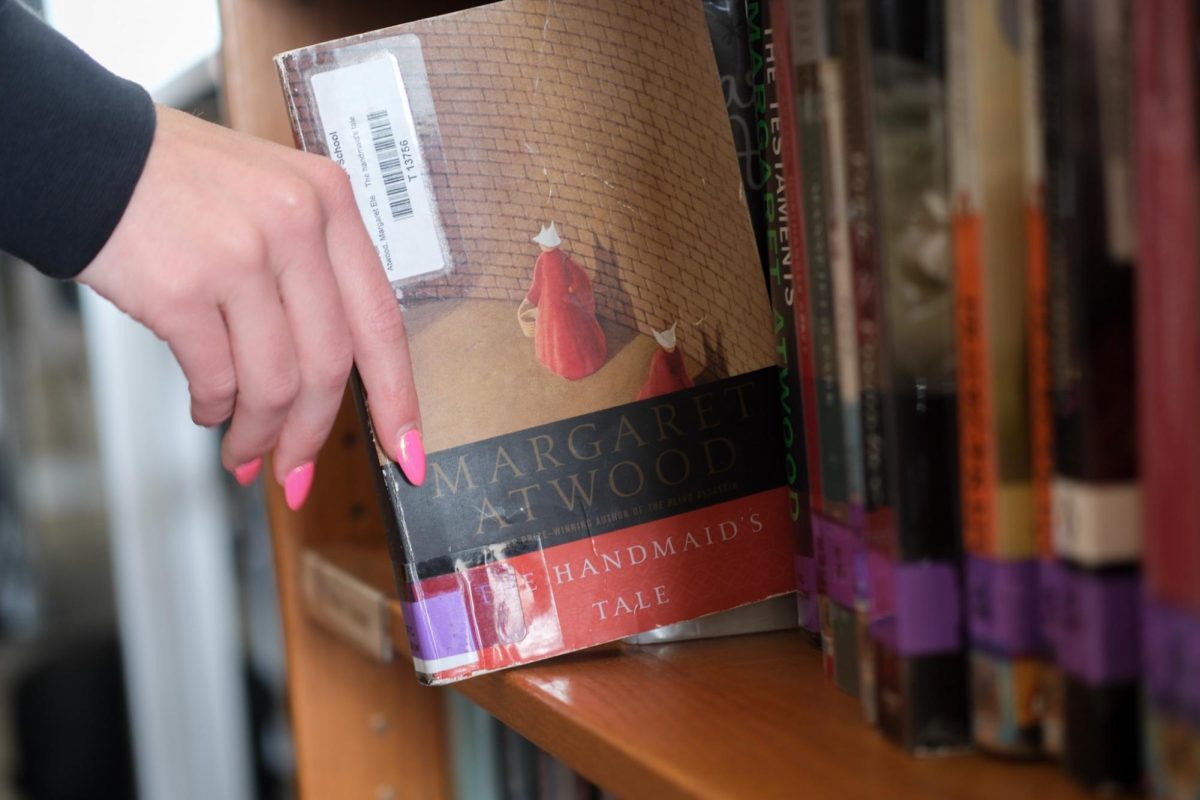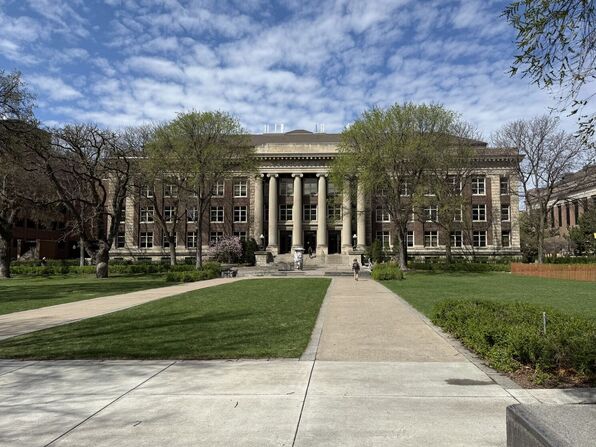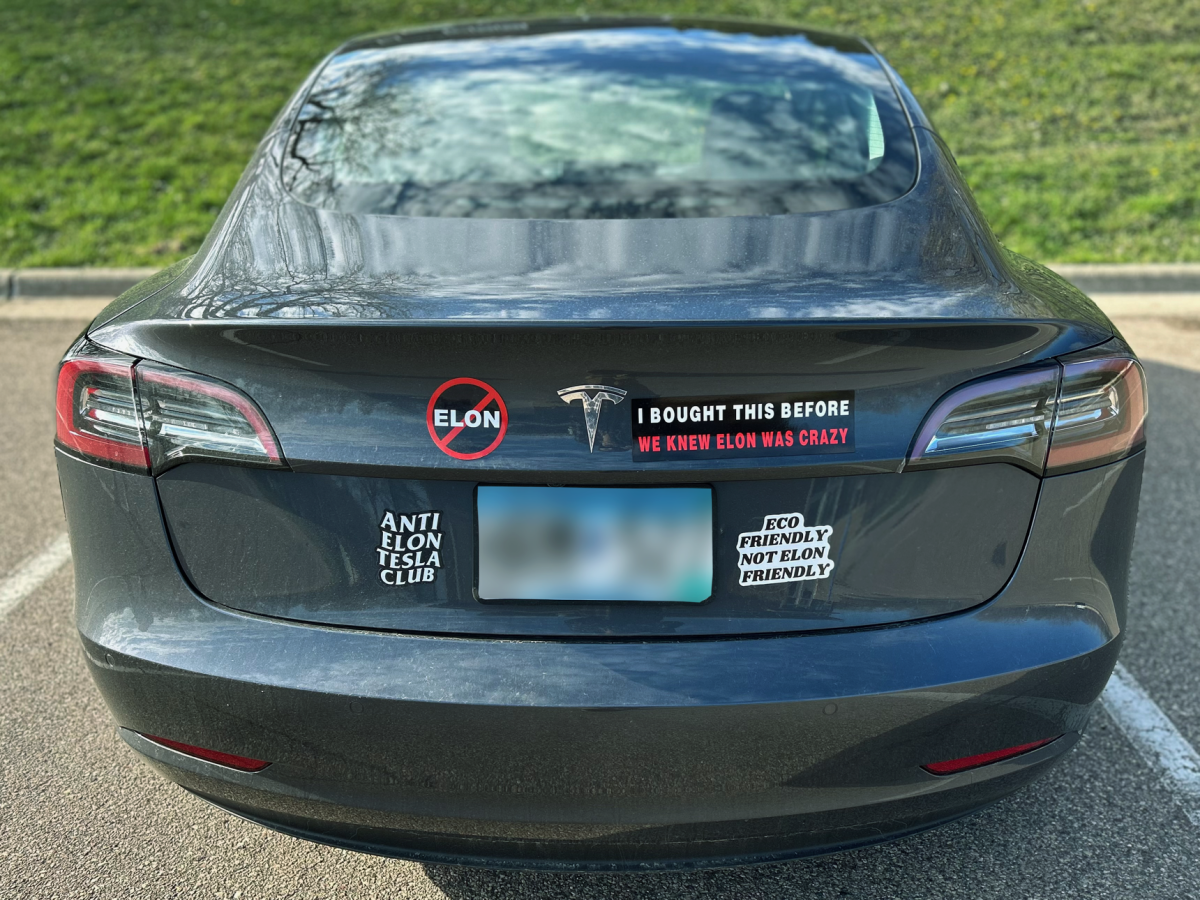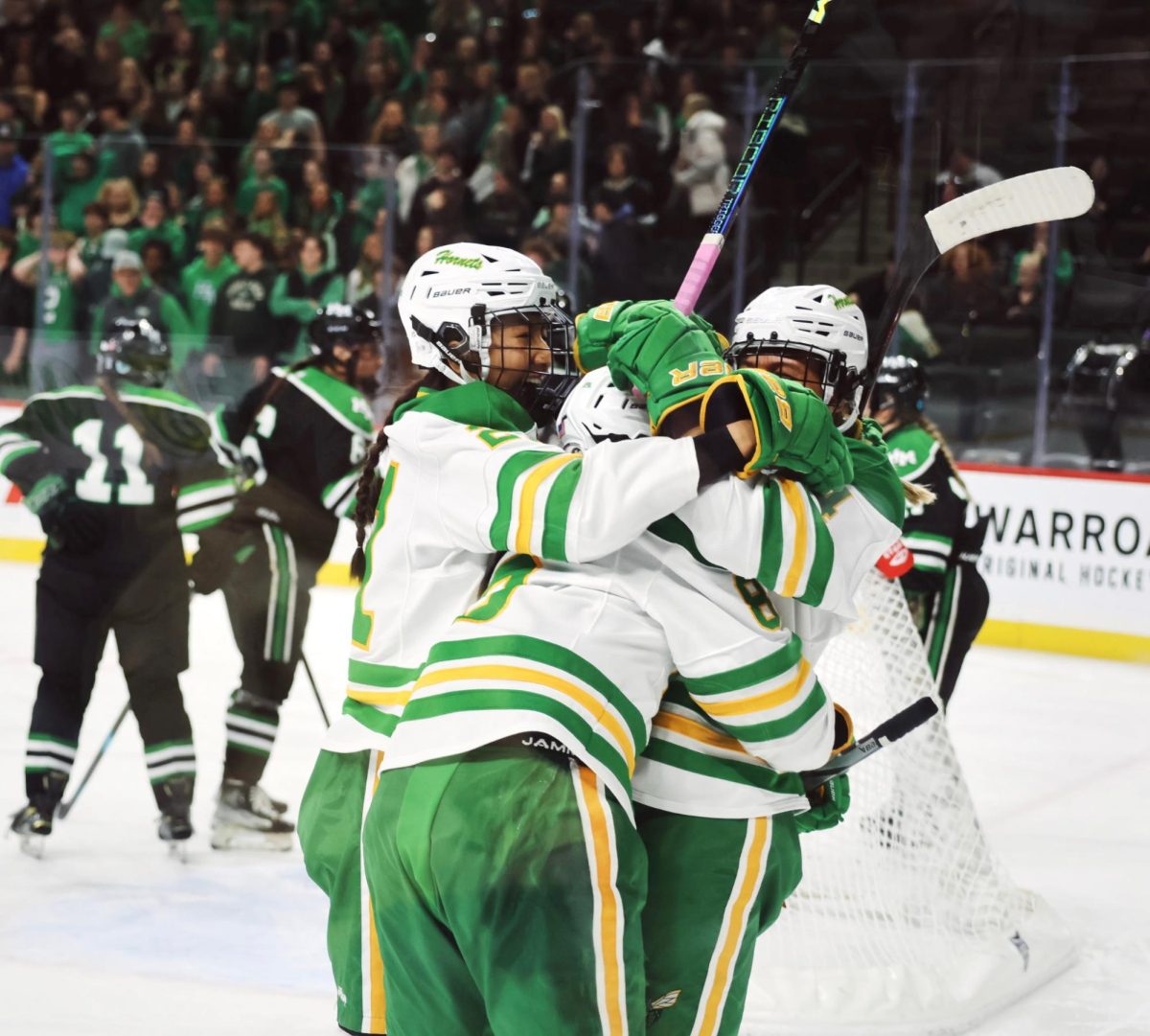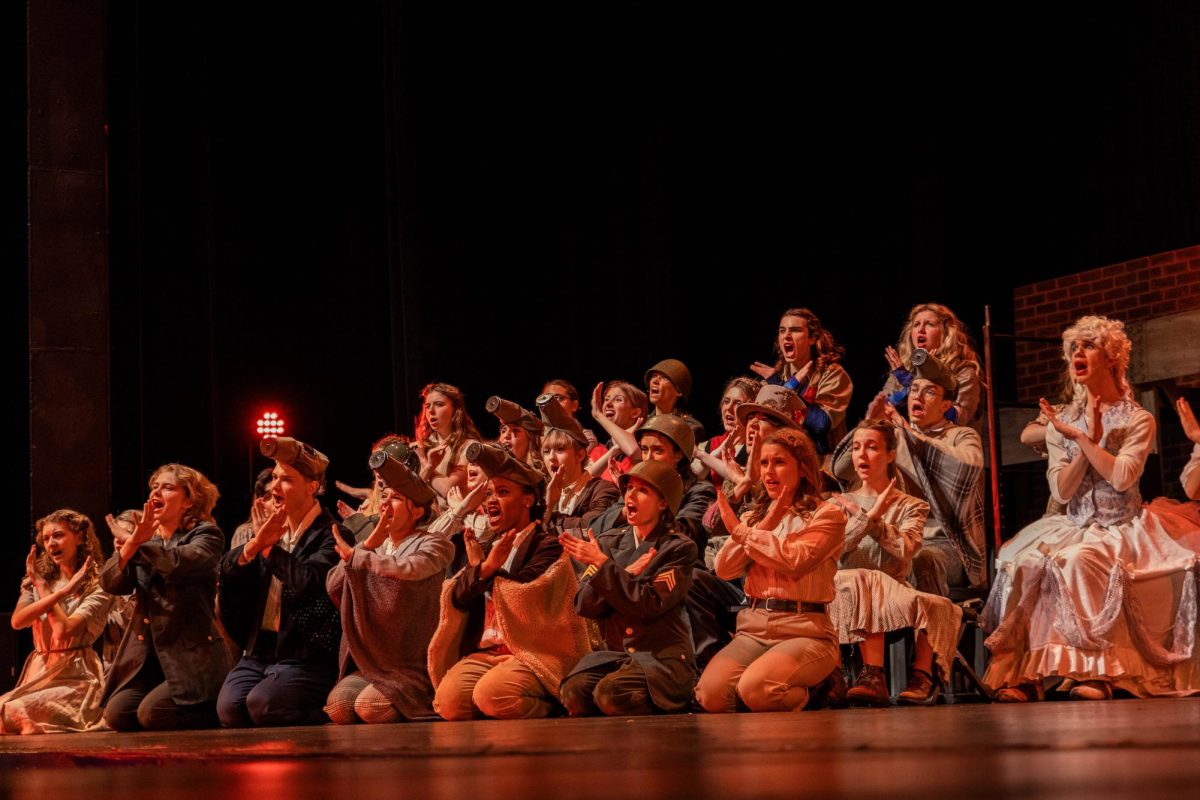Earlier this month more than 100 students were implicated in a cheating scandal involving plagiarism and collaboration on a take-home final exam at Harvard University. According to the school’s own newspaper, The Crimson, the students accused of cheating were enrolled in Government 1310 Introduction to Congress. Cheating of any kind was explicitly prohibited in the take-home exam’s introduction. This begs the question, why did the students cheat?
This isn’t the first time that student cheating has made national news, in fact last year at about this time seven students were accused of cheating on their SAT’s at a New York high school. Growing pressure to perform and do well in school seems to be mounting and can definitely be seen at a school like our own.
“With rising expectations from parents, schools, and colleges for their academic requirements, some students buckle under the pressure and decide to cheat,” said senior Ryan Soltau.
Several student athletes were also implicated in the Harvard scandal, including basketball captain Kyle Casey. Casey withdrew from the school after being implicated, and other student athletes have also been accused.
At EHS there are strict consequences for students caught cheating or copying answers. “If there is evidence of cheating the student is usually assigned one day of suspension. The one day suspension is usually used when the cheating is contained to one student, or maybe two if there was copying. If there was a large-scale cheating situation such as sharing a test key with a group of classmates the consequences would likely be much more significant,” said Assistant Principal Eric Nelson.
Mr. Nelson also mentioned that student athletes caught cheating could be forced to miss games or lose their captainship in addition to academic discipline. Students are forced to report their cheating to each college they apply to including their common application.


